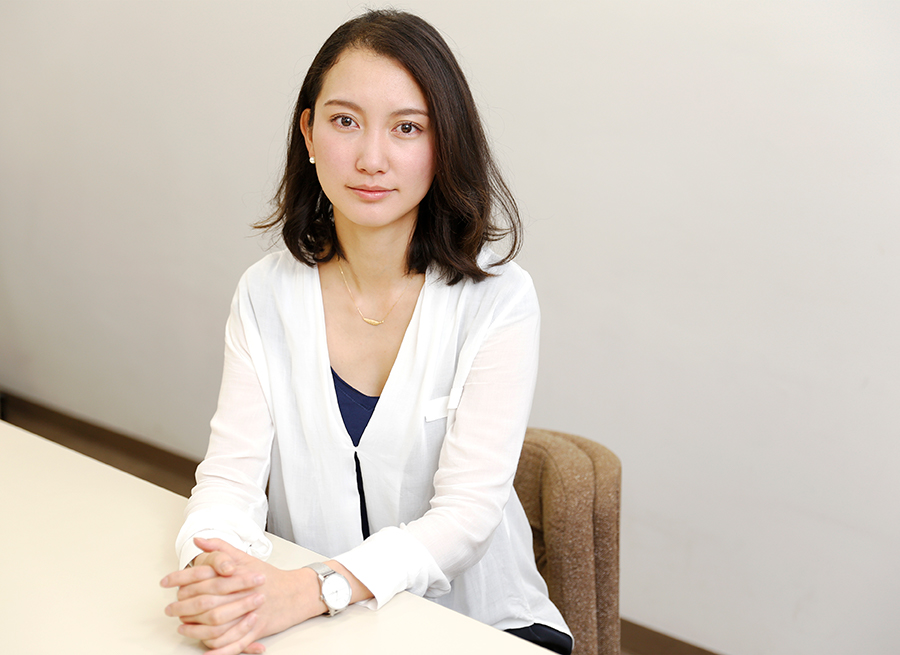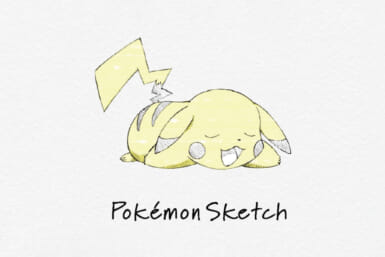This article appeared in Tokyo Weekender Vol. 2.
To read the entire issue, click here.
Actor Kento Kaku was at a ninja village with his family when the idea for Shinobi no Ie (known as House of Ninjas in English) came to him. The Netflix drama, which follows a ninja family living in present-day Japan, has been a big hit with audiences both at home and abroad: Since its premiere in February, it’s ranked as the streaming service’s top non-English show in 16 countries and regions, and currently has a perfect 100% score on Rotten Tomatoes.
“Watching the performers at the village, I could feel the strength of ninja culture,” recalls Kaku. “It wasn’t just the children who were excited but the foreigners there, too. I remember thinking what a waste it was that more ninja movies were made overseas than here in Japan. That’s when I realized there was an opportunity to deliver this unique culture to the world.”
Working alongside director Yoshiaki Murao and fellow actor Takafumi Imai, Kaku wrote a 20-page project proposal, which he presented to Netflix. Dave Boyle, a director and screenwriter most well known for his award-winning neo-noir crime drama film Man From Reno, was brought on soon afterward.
An Original Story
“I got a call from my friend at Netflix asking if I was interested in ninjas,” Boyle tells TW. “Of course, I said yes — I mean, who isn’t?” When he saw what Kaku and his collaborators had come up with, he was hooked. “What excited me most about the project was that it was something original and not based on a novel or manga, as is often the case nowadays.”
Boyle was asked to flesh out the show’s concept and come up with the series “bible,” a document that outlines the characters, plots and themes of an unproduced television program. He initially thought that would be the extent of his involvement, but Kaku’s team wanted him to stay on. “Kento, who I’d never worked with before, liked what he read and asked Netflix if I’d continue working on the story and then direct it.”
Boyle zeroed in on the idea of connecting the plot to the ninja clans of the Warring States period; House of Ninjas shows what would happen if those rival groups were still around today. What resonated with him most when researching these covert agents was how many rules and restrictions they lived under. He wanted to tackle shinobi as an identity rather than a job.

An Eclectic Mix of Characters
For Kaku, the most important thing was to create a drama centered on a ninja family. Both he and Boyle felt it was important to give each member of the Tawaras a significant amount of airtime rather than heavily focusing on one of them. From the quirky grandmother, Taki, played brilliantly by the acclaimed Tampopo star Nobuko Miyamoto, to youngest son, Riku, who’s unaware of his family’s ninja activities, they’re a real eclectic mix of characters.
Kaku plays Haru, the family’s second-oldest son. He’s been plagued by guilt since the death of his older brother, Gaku (Kengo Kora), who was killed during a mission to rescue a kidnapped politician. Haru had earlier spared the assailant who assassinated his sibling. The Tawaras subsequently abandoned their discipline, with the patriarch of the family, Soichi (Yosuke Eguchi), focusing on their brewery business. Unbeknown to him, however, Haru and other members of the family are secretly using their abilities for missions.
Even though he helped create the show, Kaku admits playing Haru wasn’t easy, as he’s a character that doesn’t really express his feelings. He’s an introvert who is frustrated at his mundane existence and has no interest in taking over the brewery from his father. For an actor like Kaku, who’s known for putting a lot of energy into his roles, this was a part that required a much more understated performance, though he did get to flex his skills in some impressive action scenes.
“To prepare physically for the role, I gained around 15 kilograms,” says Kaku. “I built a strong body that was capable of moving easily. In terms of mental preparation, I was involved in the production of the story from the beginning, so I understood everything. I basically stripped down the dialogue as much as possible and focused on conveying Haru’s feelings through facial expressions.”

A New Kind of Ninja Production
Boyle has ample experience working with actors from Japan thanks to movies like White on Rice and Man From Reno. He’s also fluent in Japanese, having first learned the language at age 19. His language skills have continued to develop since, and he was confident enough to communicate with his cast and crew without an interpreter for House of Ninjas.
“I felt that was the best single decision I made early on,” says Boyle. “A skillful interpreter can be worth their weight in gold, but I didn’t want the cast and crew to have to meet me in the middle. There were issues now and then, but nothing major, and any mistakes I made were taken in good fun. Overall, I think it made for a much better experience to be able to communicate directly, and that also made for a better show.”
Kaku notes that the collaborative nature of the production resulted in a unique series with an unusual and compelling point of view. “I think we’ve created a kind of ninja production that’s never been seen before,” he says. “It’s a fusion of Dave’s perspective and Japanese culture that is strange, but in a good way. I just hope even more people all over the world see it soon.”
One important measure of success: A certain baseball player is said to be a fan of the series. “I suddenly got texts from around a dozen people telling me Shohei Ohtani had seen it,” says Boyle. “I read that he and his wife had been apart from each other and spent their Zoom date nights watching the show.
“For me, to have millions of people watching something I’ve made and have all these reactions pouring in has been overwhelming,” he adds. “My movies usually get a limited release, so it’s been a very different experience for me.”









